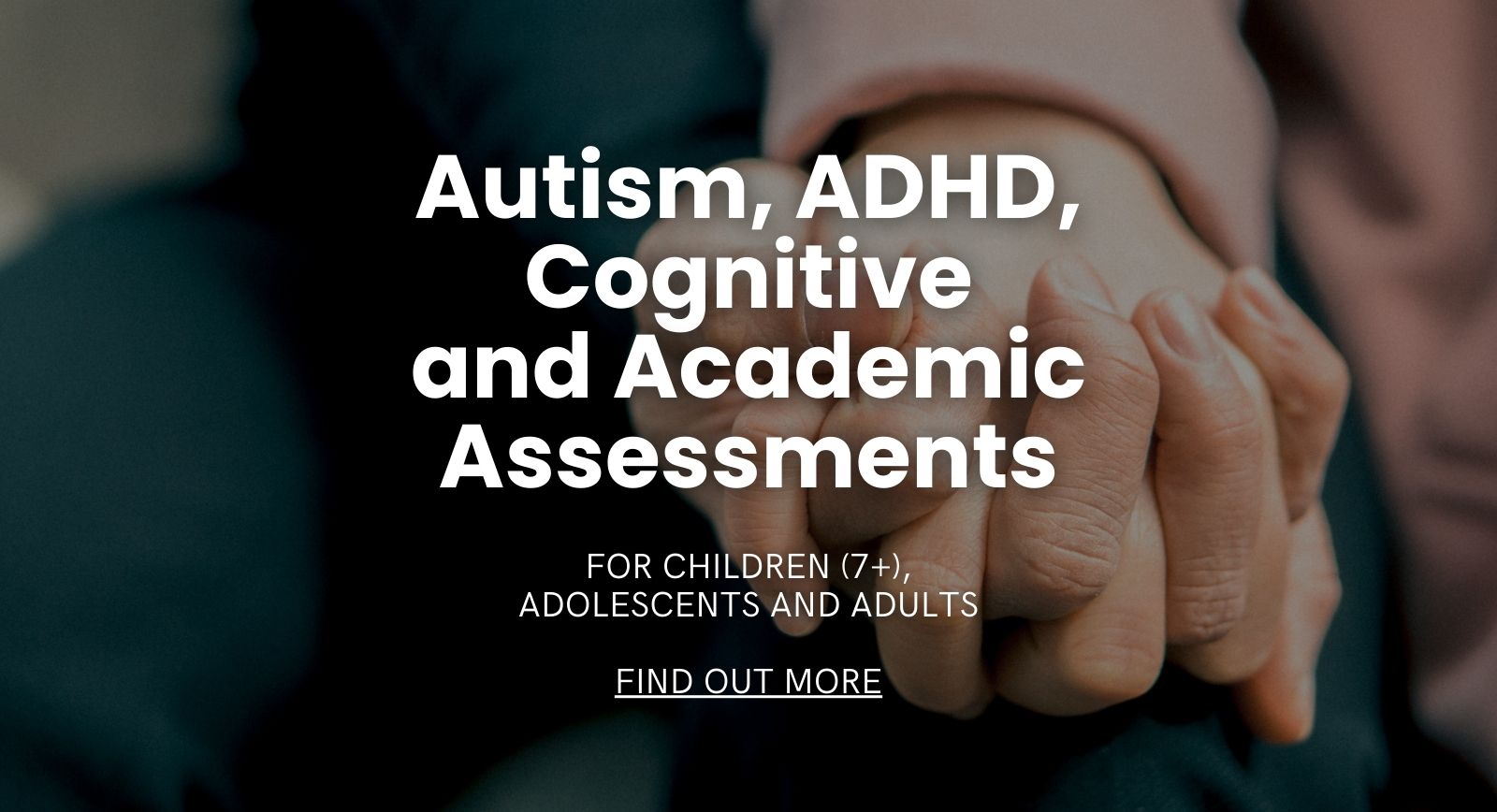Articles
The Power of Understanding Neurodivergence For neurodivergent individuals, an assessment may be the first step towards understanding their unique brain wiring. A diagnosis may feel like a revelation that provides context to their experiences, behaviours, and interactions with the world. “Diagnosis is the start, not the finish, of the journey” – Hayden. “On the day
> Read MoreHow do you effectively parent a child with ADHD? If you’re reading this, maybe your child has just received an ADHD diagnosis, or perhaps you suspect your child has ADHD and are considering an ADHD assessment. This can be a challenging time for both the child and the parents or caregivers. It’s a new layer
> Read MoreReceiving an ADHD diagnosis after an ADHD Assessment, either for yourself or a loved one, can often be accompanied by a surge of emotions: relief, confusion, curiosity, or even apprehension. One of the best ways to navigate these feelings is through knowledge. Fortunately, there is an abundance of valuable resources on ADHD. Let’s dive into
> Read MoreFirst and foremost, take a deep breath. You might be feeling a whirlwind of emotions after your recent ADHD diagnosis after an assessment, but please know you are not alone. This guide is designed to walk with you, step by step, as you navigate the path ahead. 1. Process Your Emotions It’s natural to feel
> Read MoreIn a world where media plays a significant role in shaping our perceptions, it’s crucial to ensure that neurodiverse children see themselves accurately and positively reflected on screen. Whether it’s in books, movies, TV shows, or digital content, representation matters. In this blog, we’ll embark on a journey to explore the importance of neurodiverse representation
> Read MoreEvery child is different. For Neurodiverse children (like those with ADHD, High Functioning Autism or other developmental differences), managing their emotions – especially their reactions – can seem like an insurmountable challenge. They often react strongly and quickly to a change in routine, new sensation or experience. While it is both important and helpful to
> Read More1 in 15 people are neurodivergent, which means that their brains process thoughts, learning, and other “wiring” of the brain differently to majority of the population, who are considered neurotypical. It refers to a variety of processing and learning differences – such as Autism, ADHD, dyslexia, dyscalculia, dysgraphia and dyspraxia. In schools, neurodivergent children and teenagers are more likely than other neurotypical students
> Read More








